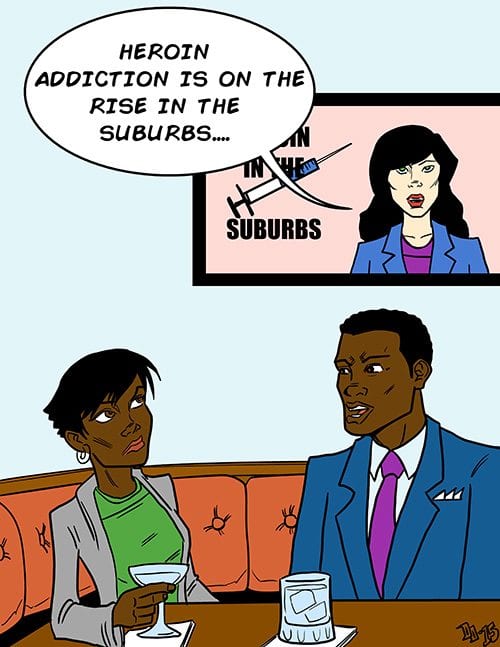
President Richard Nixon declared war on drugs in 1971. Every year since then the federal cost of drug control has increased. The budget request for 2016 is $27.6 billion dollars. Despite the substantial expenditure of funds, it is estimated that no more than 10 percent of the illicit drug traffic is interdicted. There is an ongoing debate about whether we have lost this war. The dramatic escape of a leading drug lord known as El Chapo from a supposedly secure Mexican prison provides substantial proof that the battle may be lost.
The 1971 award-winning film the French Connection provided some indication about the upper levels of the drug trade. The substantial resources they earn provide protection from prosecution. Joaquín Guzmán Loera (El Chapo) is reported to be a billionaire who is financially able to secure the expertise necessary for the construction of a sophisticated tunnel for his escape.
Rarely are those in the upper echelons of the drug traffic trade brought to justice. News reports of drug arrests usually involve street dealers, many of whom are black or Latino and primarily work to finance their own drug habits. Enforcement of the drug laws has provided an opportunity to discriminate against African Americans. According to an NAACP study, only 2.6 million African Americans compared to 14 million whites use illicit drugs. Nonetheless, even though the white use of drugs is more than 5 times greater than the black use, blacks are sent to prison at 10 times the rate of whites.
The disparate imprisonment of black men at a prime time of their lives has had a damaging effect on the black family. According to research by the New York Times, 1.5 million black men from 25-54 are missing from major urban communities. A high rate of imprisonment removes about 600,000 of those men.
The loss of husbands, fathers and breadwinners has a negative economic impact on African Americans. Many are left destitute and have to rely on federal assistance programs. The absence of the family disciplinarian also makes it easier for young boys to become involved with gangs and a negative lifestyle.
One of the most unjust consequences is that young men who are innocent of a violent crime become branded as felons. This label shall follow them for the rest of their lives and limit future opportunities. In some jurisdictions they even lose the right to vote. Some upscale employers are reluctant to hire a felon.
Personal lives and families are ruined over a non-violent incident that is not even appreciably immoral. President Barack Obama recognized this injustice when he recently commuted the sentences for 46 non-violent drug offenders. In Massachusetts, authorities have begun to view drug addiction as a medical problem rather than a criminal offense.
There was a different attitude when blacks had a problem with drug addiction. They were characterized as degenerate junkies. But now that heroin overdoses plague white suburbia, the press is more sympathetic. It is impossible for the media now to ignore the fact that heroin seems to be the drug of choice for suburbanites. Same drug, just racially different offenders.
El Chapo’s escape reveals the privilege of wealthy drug barons in avoiding law enforcement. The patent injustice of it forces the government to see that Nixon’s 44-year-old war on drugs is outmoded. A strategy that stimulates racial discrimination is clearly unacceptable.






